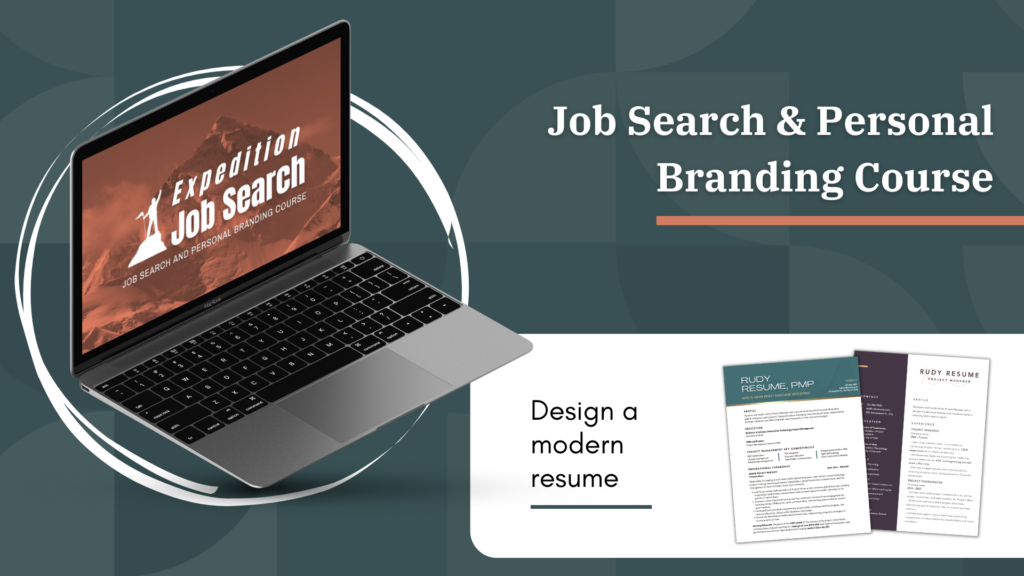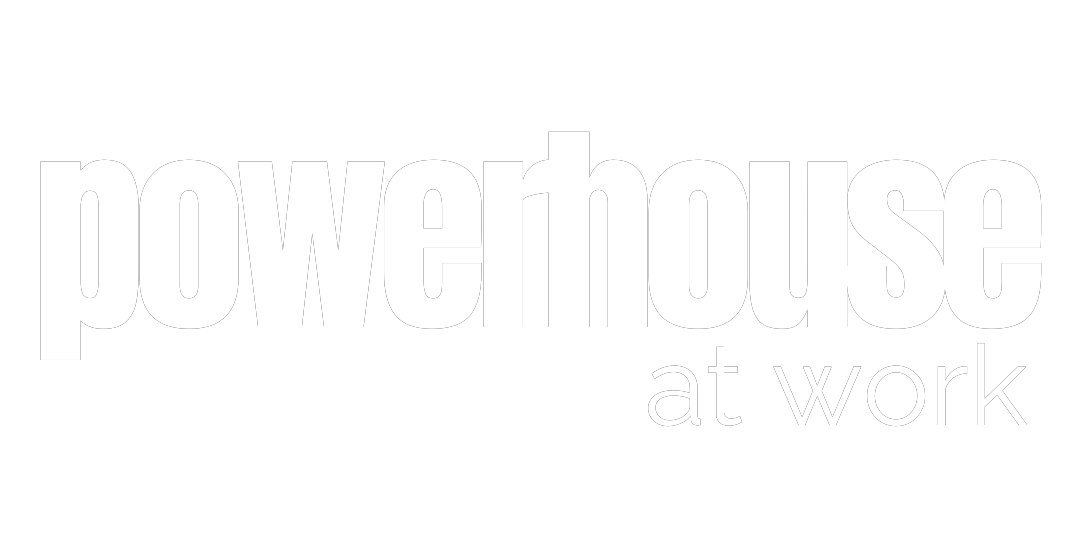You did it! You secured a job interview. But now what?
It’s time to prepare so that you are better able to land that dream job. In this article, we will help to get you prepared for the interview so that you can feel more confident sharing why you just may be the company’s next great hire!
Amp up your research game
Like most things in life, a little preparation can go a long way. Before stepping into the interview room, it’s crucial to understand the nature of the company you are interviewing with. What do they do, what is their industry, what are their corporate values, etc. Much of this can be found with a trip to the company’s website. Check out the organization’s mission, vision, and core values. Look for recent news to see what has been happening within the organization. Google the company and the industry to learn even more. You can also check out review sites to better understand the employee experience but keep in mind that one person’s experience does not represent the collective. While review sites can be handy to understand the workstyle, pace, etc., everyone experiences things differently. One person’s interpretation of communication style or degree of change, can vary greatly from the next. None the less, the more you know about the company, the more fruitful your discussion can be in the interview.
Know what you applied for
We get it, you applied to MANY jobs but now is when application tracking really counts. Keep track of your applications if possible. You would be surprised by how many candidates cannot recall the job they applied to. Review the job posting focusing on key skills and responsibilities. This will be super helpful for our next task.
Explore great examples
Many interviewers will utilize behavioural interviewing which asks for an example of a time when you…
Make a list of your experiences, skills, and achievements that directly relate to the requirements on the job posting. Go one step beyond that and make a list of as many career experiences as you can think of. This will save you from drawing a blank in the interview. Consider times of conflicting priorities, conflict with a peer, a difficult project or customer, and this list goes on.
Prepare for common interview questions
Next, google common interview questions. You can even utilize AI by sharing the job posting and using a prompt that asks the tool to generate probable questions to help you prepare. Next, rehearse responses using the examples of experiences you just came up with. Practice your answers with a friend or family member to see what examples resonate, are suitable for the context of an interview, and are substantial enough but don’t drag on.
Common questions include:
– Tell me about yourself.
– Why are you interested in this position?
– What are your strengths and weaknesses?
– Can you provide an example of a challenging project you’ve faced at work and how you handled it?
Use the STAR method (Situation, Task, Action, Result) to structure your responses.

To learn more about our job search and personal branding course, click here.
Highlight your achievements
Don’t forget to sprinkle in your achievements. This requires a balance of confidence and humility while being clear on what you were able to deliver and the impact you made.
Dress the part
Wondering what to wear? This depends on the nature of the role you are pursuing. Choose professional attire that aligns with the industry. For some organizations, a suit may be appropriate, while this may be overdressed for other sectors. If in doubt, a button-down and dress pants are pretty neutral and safe.
Consider what questions you have
Show your interest by asking great questions. Keep them relevant. You may be curious about how the interviewer would describe the organizational culture, team structure, or potential projects. An interview is a two-way street. It is important you understand what you may be signing up for.
Follow up with gratitude
After the interview, send a thank-you email to express your appreciation for their time. This can also be a great opportunity to reinforce key skills or a topic from the interview. For example, “I loved learning about the adoption of AI within the team. Having recently completed a course on (insert tool name), I am confident this knowledge can be share within the team to help accelerate this work”. You can close with a confident statement such as “Looking forward to learning more about the next step in the interview process”.
Preparing for a job interview involves a blend of research, practice, and self-reflection. While it can be hard on the nerves, rest assured, you are not alone. Most people get nervous…at all career stages. Take a deep breath, practice in advance, and move forward with confidence. You got this!





